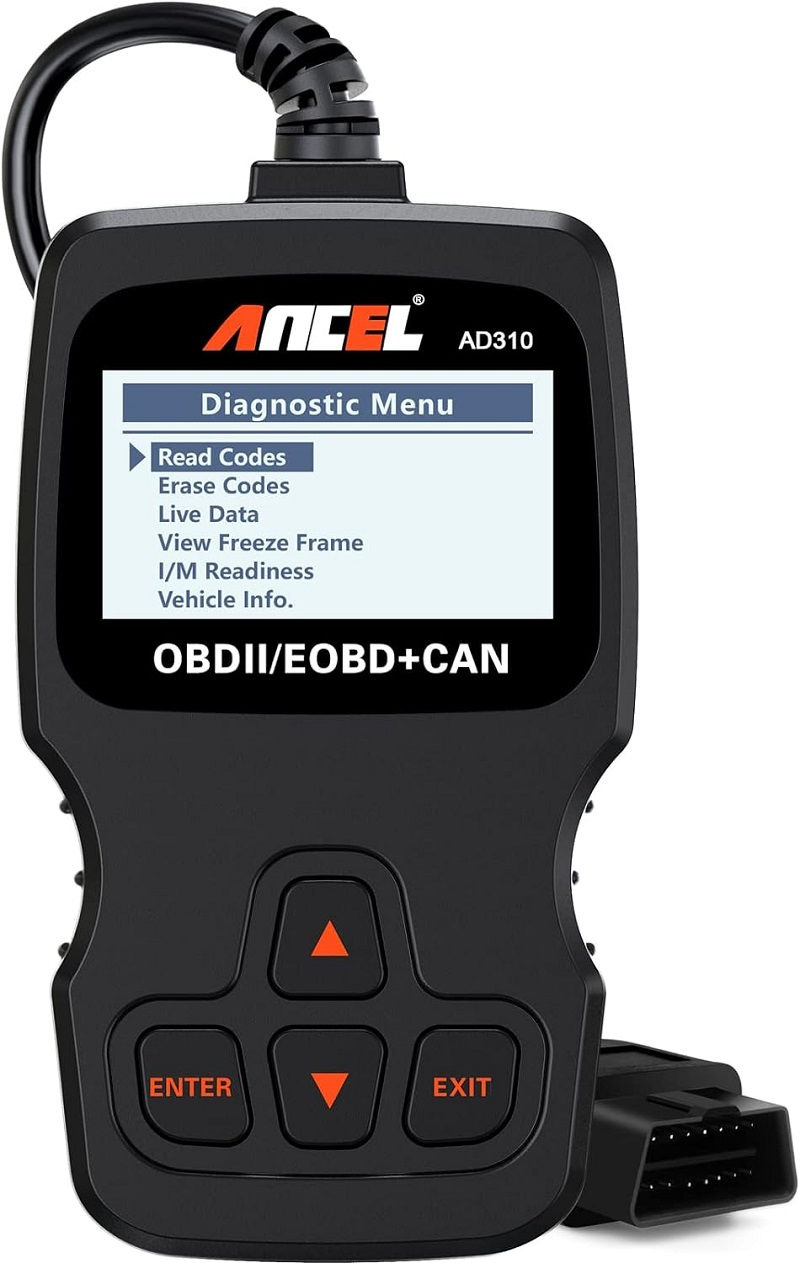This post contains affiliate links. This means I will make a commission at no extra cost to you should you click through and make a purchase [ “As an Amazon Associate, I earn from qualifying purchases.” ]. Read the full disclosure here.
Deciphering P0094: Understanding Fuel System Leak Detected – Small Leak GuideMechanic.Com In the labyrinth of modern automotive diagnostics, encountering a fault code like P0094 can be perplexing for vehicle owners. P0094, specifically indicating a “Fuel System Leak Detected – Small Leak,” is a diagnostic trouble code (DTC) that triggers the check engine light on the dashboard. Unraveling the meaning behind this code, exploring its potential causes, and delving into the necessary steps for resolution can provide clarity and ensure the seamless operation of your vehicle.
P0094 Fuel System Leak Detected – Small Leak
Unveiling the Meaning of P0094

P0094 stands as a generic OBD-II diagnostic trouble code, applicable to all vehicles equipped with OBD-II systems, regardless of their manufacturer. This code, in particular, signifies the detection of a small leak within the fuel system. Such a detection typically points towards a minor breach in the fuel system’s integrity, allowing fuel vapors to escape into the atmosphere in small quantities.
Investigating the Culprits: Causes of P0094
- Loose or Damaged Fuel Cap: A loose, damaged, or improperly sealed fuel cap is often the primary culprit behind a P0094 code. Even a small gap in the sealing of the fuel cap can lead to the detection of a small leak by the vehicle’s diagnostic system.
- Cracked or Damaged Fuel Lines/Hoses: Over time, the wear and tear endured by fuel lines or hoses can compromise their integrity, leading to small leaks. Even hairline cracks or minor damage can be sufficient to trigger the detection of a small leak.
- Faulty EVAP System Components: Problems within the Evaporative Emission (EVAP) system, responsible for capturing and recycling fuel vapors, can result in small leaks. Malfunctions in components such as the charcoal canister, purge valve, or vent valve may contribute to the detection of a P0094 code.
- Defective Fuel Pressure Sensor: A malfunctioning fuel pressure sensor can provide inaccurate readings to the vehicle’s engine control module (ECM), potentially leading to false detections of small leaks within the fuel system.
- Issues with the Fuel Tank: Damage to the fuel tank, such as punctures, cracks, or corrosion, can allow fuel vapors to escape, triggering the detection of a small leak by the vehicle’s diagnostic system.
Navigating Towards a Solution: Resolving P0094
See Also: P0095 Intake Air Temperature Sensor 2 Circuit Bank 1
- Inspect and Tighten the Fuel Cap: Begin by inspecting the fuel cap to ensure it is securely tightened and properly sealed. If the cap shows signs of damage or wear, consider replacing it with a new one to establish an effective seal.
- Examine Fuel Lines and Hoses: Conduct a thorough visual inspection of the fuel lines and hoses, paying close attention to any signs of damage, such as cracks, abrasions, or leaks. Replace any compromised components to restore the integrity of the fuel system.
- Evaluate EVAP System Components: Inspect the various components of the EVAP system, including the charcoal canister, purge valve, and vent valve, for any faults or malfunctions. Replace any defective parts to ensure proper functioning and prevent small leaks.
- Test the Fuel Pressure Sensor: Utilize diagnostic equipment to test the fuel pressure sensor and verify its accuracy. If the sensor is found to be defective or providing erroneous readings, consider replacing it with a new one to rectify the issue.
- Check the Fuel Tank: Thoroughly inspect the fuel tank for any signs of damage, such as punctures, cracks, or corrosion. Repair or replace the fuel tank as necessary to eliminate the possibility of small leaks.
- Clear the DTC: Once the necessary repairs have been completed, use an OBD-II scanner to clear the P0094 code and reset the check engine light. Take the vehicle for a test drive to confirm that the issue has been successfully resolved.
P0094 Fuel System Leak Detected – Small Leak
Conclusion: Resolving P0094 with Precision
While the emergence of a P0094 code may initially cause concern for vehicle owners, a methodical approach to diagnosis and resolution can help alleviate worries and restore confidence in the vehicle’s performance.
By understanding the underlying causes of P0094, conducting thorough inspections, and addressing any issues promptly, drivers can ensure the integrity of their vehicle’s fuel system and maintain optimal functionality on the road. Remember, when it comes to resolving P0094, precision and attention to detail are key.
- P0000 Through P0099: Understanding OBD-II Trouble Codes - February 11, 2025
- P0000 Through P0199: Understanding OBD-II Trouble Codes - February 10, 2025
- P0080 Exhaust Valve Control Solenoid Circuit High (Bank 1) - February 9, 2025
